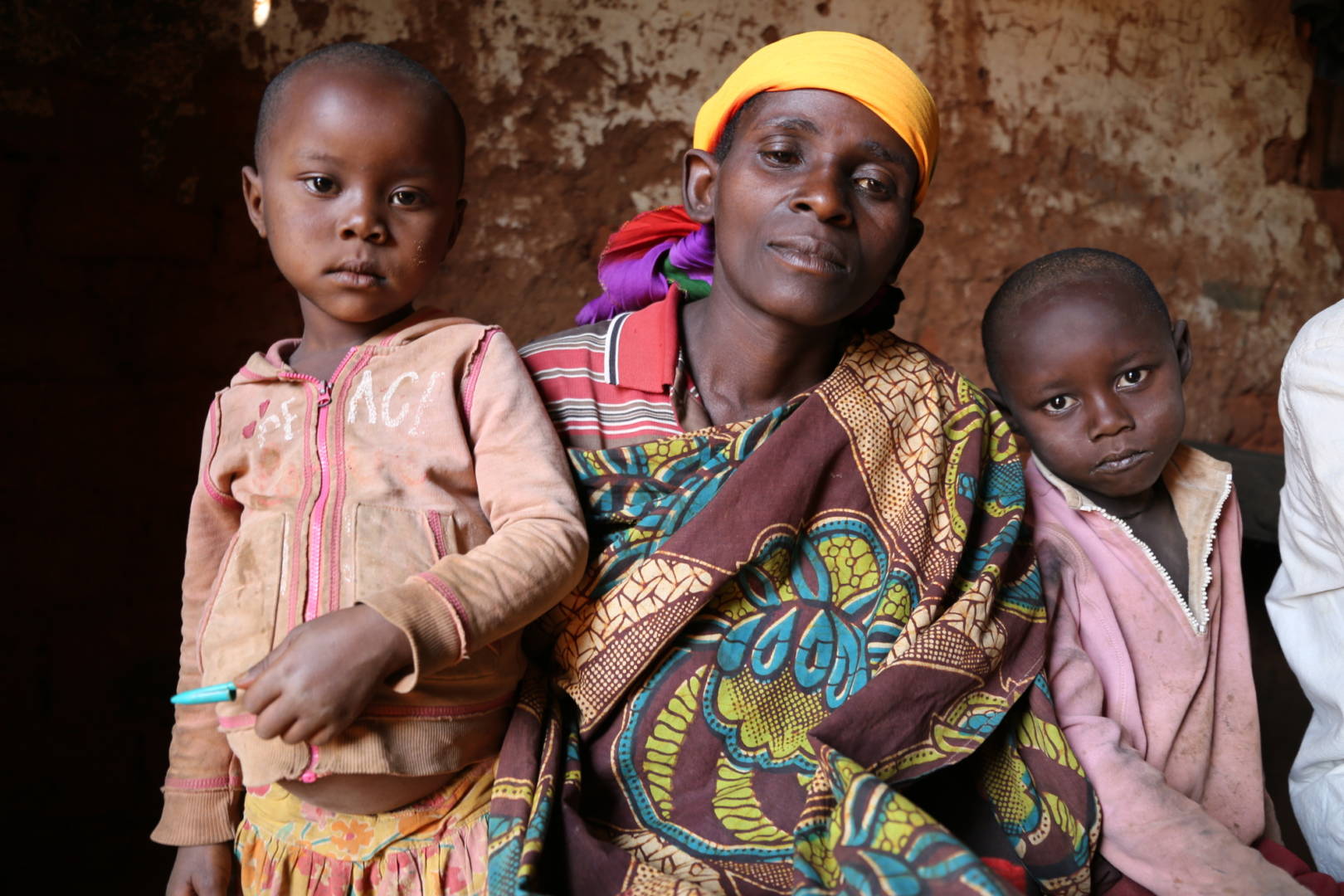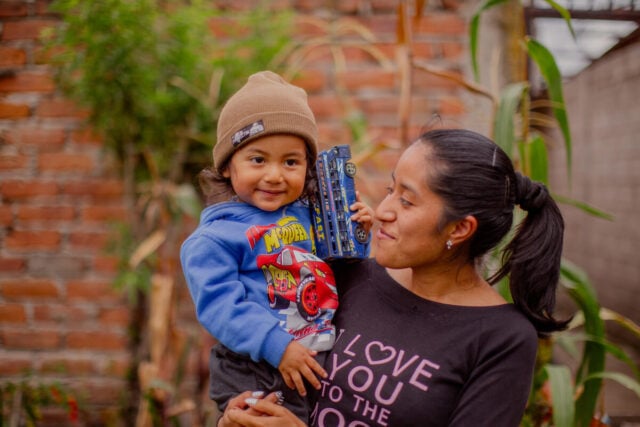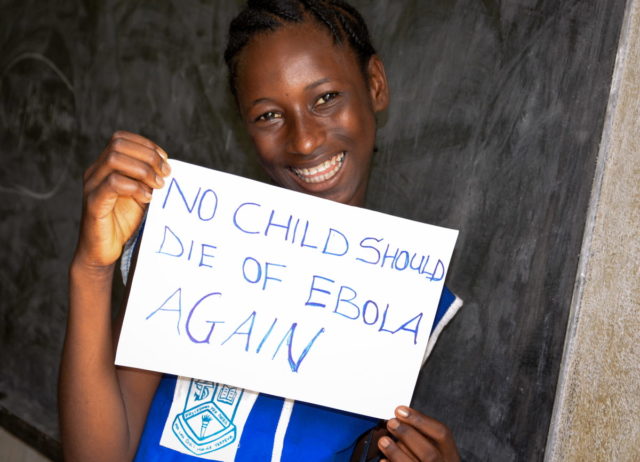Julia and Come’s son, Ndayizeye, was only 8 when malaria ended his life.
“In the evening, as his health deteriorated, I decided to go back to the hospital,” says Julia. “My son died the same night.”
Like a lightning strike, this one great loss illuminates a series of setbacks that millions of Burundians are facing as they battle one of mankind’s oldest diseases.
Malaria cases doubled – and more
In the first six months of 2016, more than 4.6 million malaria cases were reported in Burundi, affecting 920,000 children. The numbers are twice what they were in the same period of 2015.
Already, more than 2,200 people have died. Sixteen children supported by World Vision programs have died, including Ndayizeye.
Compare those numbers to the U.S., where annually about 1,500 malaria cases are reported; and most of those are travelers returning or coming to the country from abroad, according to the U.S. Centers for Disease Control and Prevention.
Malaria is spread by mosquitos carrying a parasite and symptoms include fever and chills that, if untreated, can be fatal. The CDC says an estimated 214 million malaria cases occurred worldwide in 2014 with a death toll of 438,000.
Too poor to prevent malaria
Julia knows that the best way to prevent malaria is to use mosquito nets, clear bushes from around the house, and eliminate standing water. These things are done in her home, she says.
But when mice ate holes in the family’s old, government-issued mosquito nets, Julia couldn’t afford to replace them. Crop failures had driven the family into poverty.
“In the past, crops harvested were enough,” says Come, both to feed the family and make a profit from the surplus.
“How can we spend money on nets while at the same time we struggle to get a daily meal?” Julia asks.
Too poor to pay for malaria treatment
In Burundi, children under 5 are treated in public health centers free of charge. At age 8, Ndayizeye didn’t qualify for free care.
He had been to the hospital twice before and was diagnosed with malaria, says his mother. “It was written on his health card.”
“Here, we are victims of poverty. Even we know that you should go to hospital when you are sick so that health workers can examine and diagnose you,” she says.
But on the day Ndayizeye died, Julia and her two other children were also sick. She delayed having him admitted to the hospital.
“I was afraid of the high hospital bills,” she says.
Malaria outbreak expected to get worse
In a deadly combination, government health center budget cuts of nearly 50% coincided with El Niño rains that boosted mosquito breeding.
The malaria outbreak is expected to worsen during the season of “small rains” from September through December.
Burundi’s health ministry and humanitarian organizations, including World Vision, are responding to the outbreak with prevention, treatment, and information campaigns.
Priority actions against malaria include:
- Early diagnosis and treatment, especially for young children and pregnant women
- Indoor insecticide spraying
- Distribution of insecticide-treated mosquito nets
- Household sanitation and clearing mosquito breeding sites
- Coordination between health and other services
Reporting from Burundi by Achel Bayisenge.




